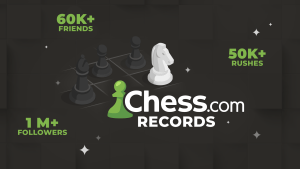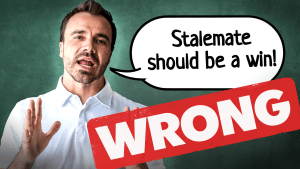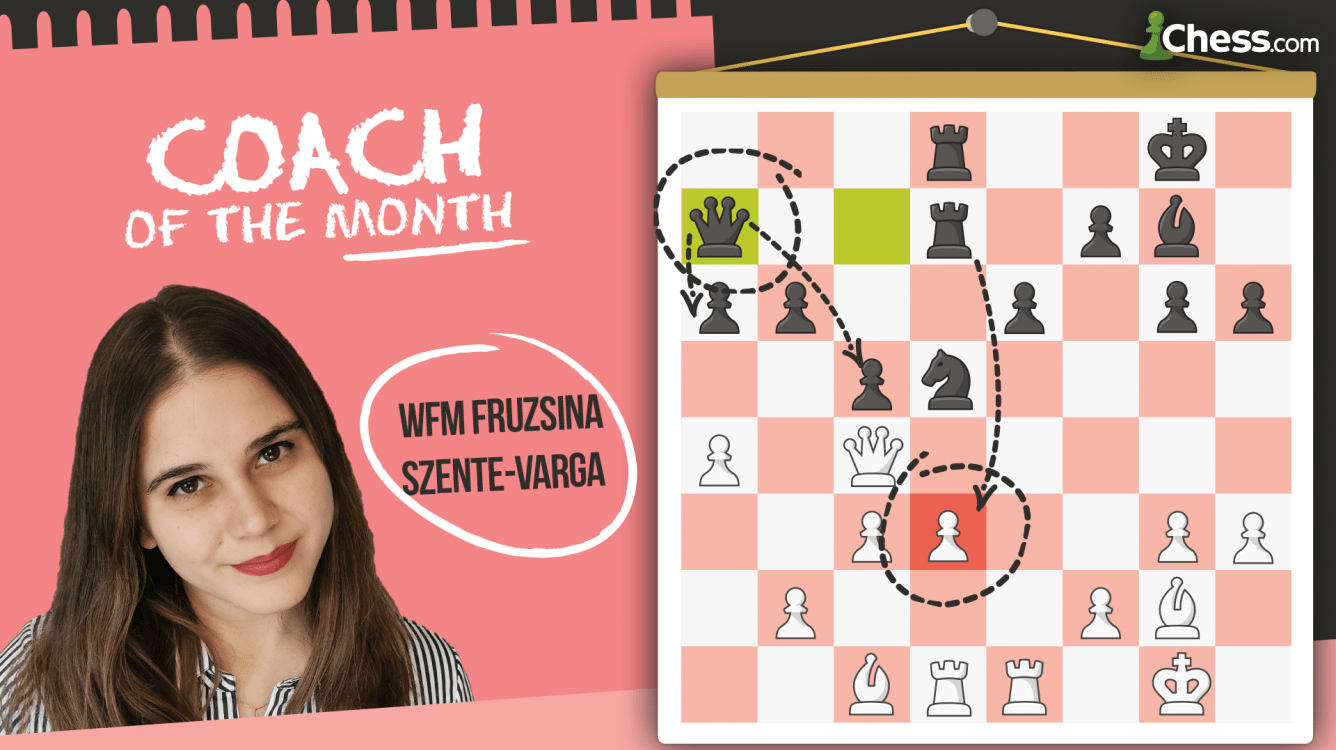
Coach Of The Month: Fruzsina Szente-Varga
Chess.com's March Coach of the Month is WFM Fruzsina Szente-Varga! Her Chess.com profile page is a testament to her effectiveness as a coach. Countless students have left her notes expressing their gratitude for her help. Szente-Varga is not only an amazing coach, but she also streams regularly on her Twitch channel, so be sure to check her out!
Readers seeking private instruction can contact Fruzsina Szente-Varga via her Chess.com profile and can find other skilled coaches at Chess.com/coaches.
At what age were you introduced to chess, and who introduced you?
As a small kid, between three and five years old, I would constantly see my parents and my brother playing chess against each other. Although I wanted to play so bad, they used to tell me I was too young for chess, until one day I was taught how to play it in kindergarten, and I went home to share the good news with them proudly. From that moment on, they were more eager to accept my challenges.
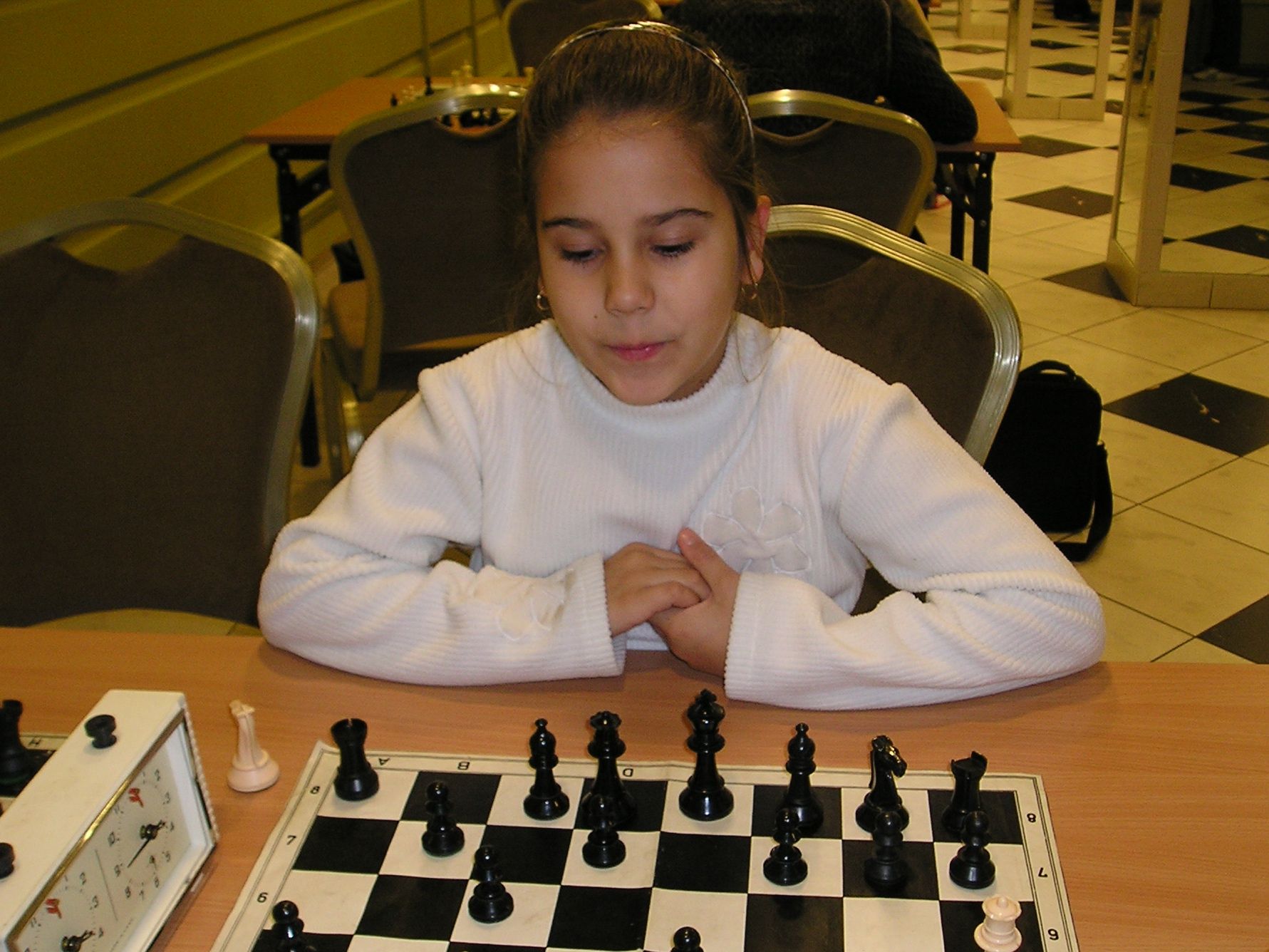
What is your first vivid memory from chess?
My mom told me that there would be a tournament at the local park and that I could participate if I wanted to. Of course, I said yes! She prepared me by teaching me the Scholar’s Mate. Not knowing that all the other players were familiar with it, I attempted to checkmate them—to no avail. Let's not talk about what happened in the games after that...
Which coaches were helpful to you in your chess career, and what was the most useful knowledge they imparted to you?
I worked with many coaches in my life, but the one I learned the most from and am most grateful for is definitely Erno Dede, a FIDE master from Hungary. Besides being a supportive, instructional, and entertaining coach, he taught me the importance of psychology in chess and the optimal mental state a player should be in during a chess match or a tournament.
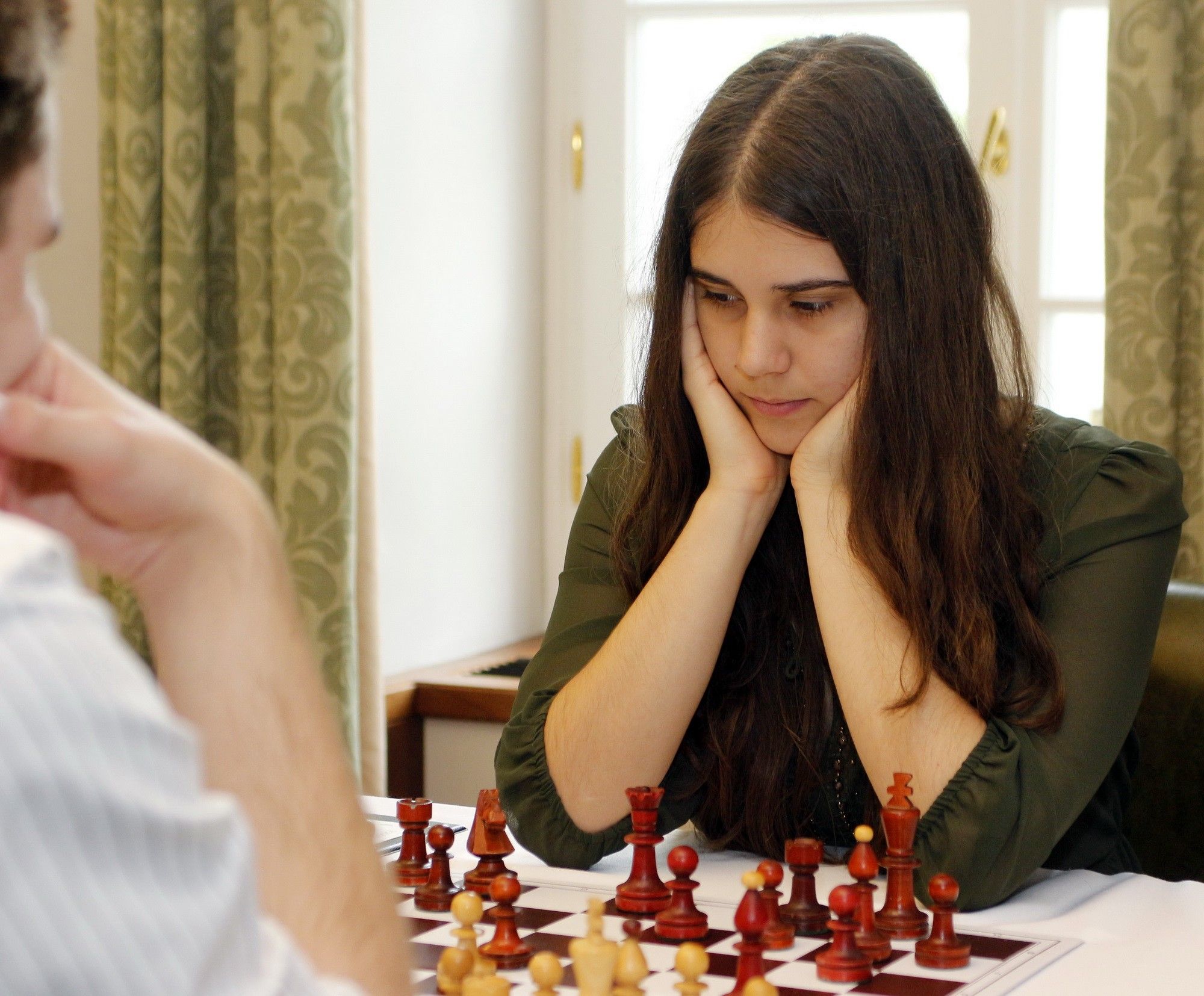
Which game do you consider your "Magnus Opus?"
I was in Chania, Crete, a few days before the Paleochora Open tournament, and I saw there was a simul against then international master (now grandmaster) Nikolas Theodorou. I thought it could be a good practice to sit down and be one of the 34 people who played against him.
How would you describe your approach to chess coaching?
Since I have been coached by many different people, both privately and in groups, I can say that I've encountered the best and worst types of coaches out there. Learning from their mistakes (and pulling from their strengths as well), I try to be more like a mentor who guides my students.
For example, I try to give them tools that they can rely on to find the right moves and plans (or to maintain the proper mentality in a difficult situation). I try to help them find the continuation that fits them best and which embraces their creativity. We also discuss the mistakes in their thinking process and their bad moves.
I also don't believe in scolding students for their mistakes, because that won't make them better players. Doing so could actually undermine their confidence, which is crucial in chess.
What do you consider your responsibility as a coach and which responsibilities fall on your student?
As a coach, my responsibility is to point out the missteps in their games, in their thinking process, and in their mindset—and offer solutions to those. The student’s responsibility is to let me know if something wasn’t clear enough or if they don’t quite understand or agree with something. And of course, work hard outside the class as well.
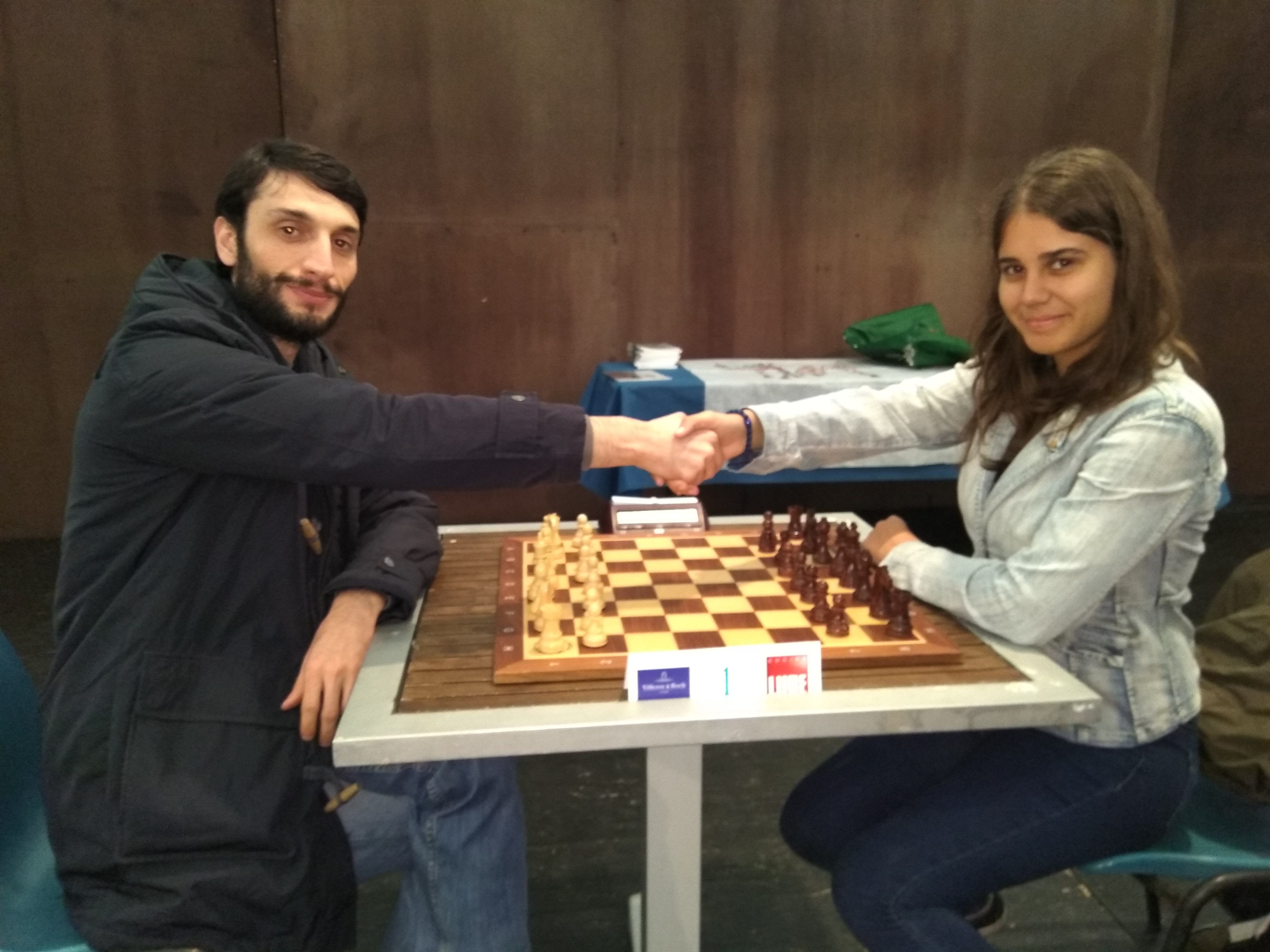
What is a piece of advice that you give your students that you think more chess players could benefit from?
Chess is not only about finding the best moves, plans, threats, and defense for yourself, but for the opponent. When you're playing, you have to think for both sides. I would also like to add that your attitude toward your opponent and the position is strongly connected with the plans and moves you make, so make sure that you have the correct state of mind while playing.
What is the puzzle you give students that tells you the most about how they think?
In the first lesson, I like to show my students a couple of positions and ask them what they think about the positions. I then recommend a move or plan and they have to tell me if it works—and if they think it doesn't, why not. In real life, you can fall in love with moves or plans, but if you don’t check if your opponent has any kind of refutation or one last resource you weren’t aware of, you can easily ruin your position.
For example, I could show the position below where it's Black to play. The question is: does 1...Re3 work, followed by taking with the queen on g3 without exchanging the ladies so we can bring more pieces to the attack and put more pressure on the white king?
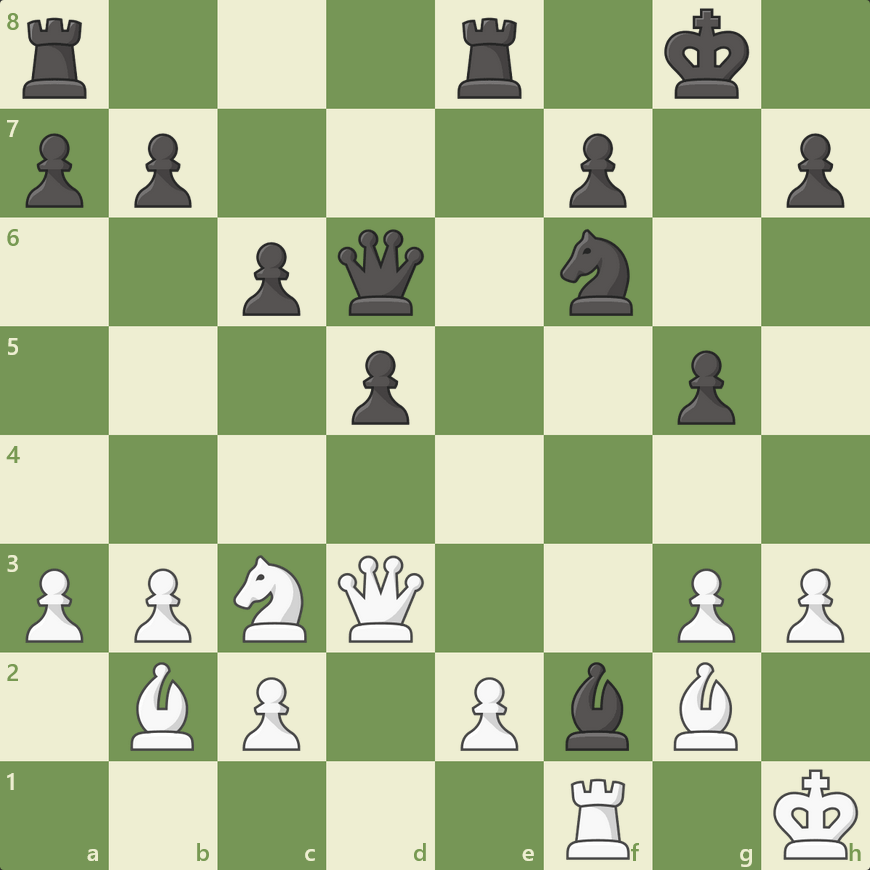
Although Black is better in this position, 1...Re3 doesn’t work since white can play 2.Qf5 and they will not only threaten the f2-bishop and f6-knight but also have a good counterattack on our king.
The best continuation would be 1...Bxg3, and after 2.Nb5 cxb5 3.Rxf6 Black has a winning position. However, we still need to find the best and only defensive moves in the resulting position, like 3...Re6 4.Rxe6 Qc3 5.d4, sacrificing a pawn. 1...Qxg3 to exchange the queens is not the best move but would lead to a slightly better endgame, but with considerably less counterplay against the black king.
Do you prefer to teach online or offline? What do you think is different about teaching online?
I prefer teaching online! First of all, it’s much easier to find a suitable date and time for both my students and me. Besides, you can do it from anywhere—which is really useful since I travel a lot. Also, it doesn’t limit coaches and students to their own geographic area, so they can get to know more people from other places.
What do you consider the most valuable training tool that the internet provides?
Thanks to the internet, we have access to a lot of games, positions, and puzzles (sometimes even the video of the players playing) which is very useful. We can use all of that as examples for good and bad decision-making, planning, attitude, calculation, etc.
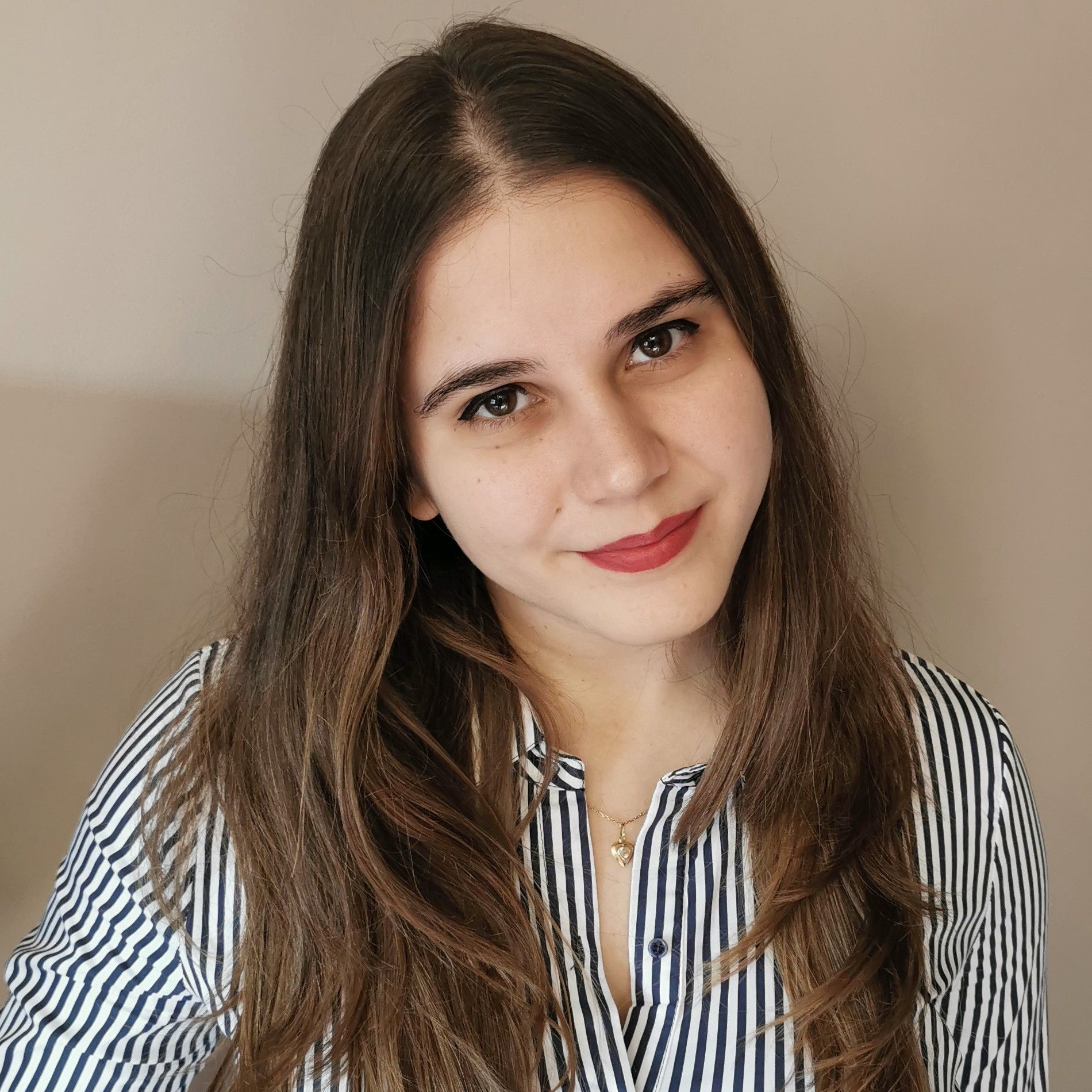
Which under-appreciated chess book should every chess player read?
I would definitely recommend The Seven Deadly Chess Sins by Jonathan Rowson, which merges chess and a little bit of psychology together.
Prior Coaches of the Month:

